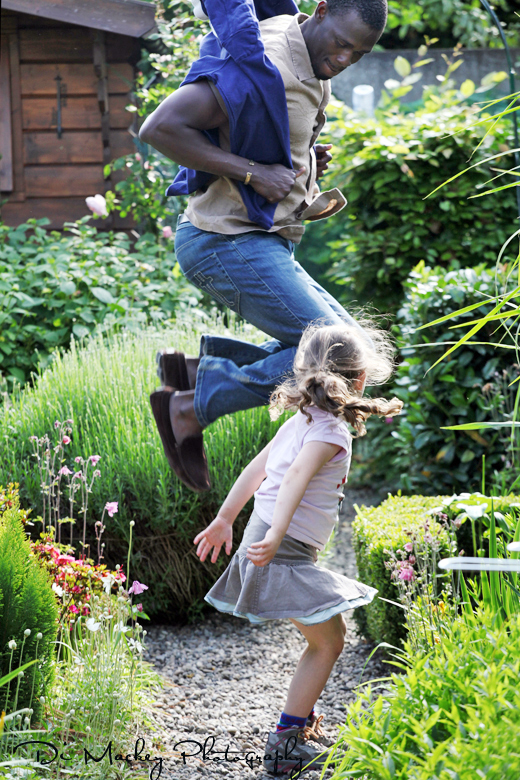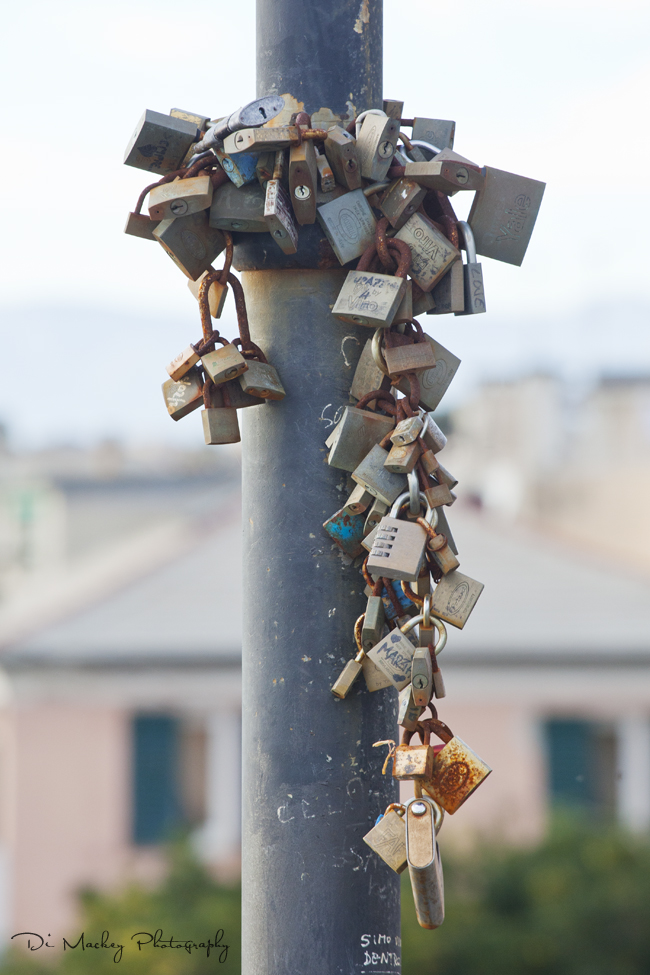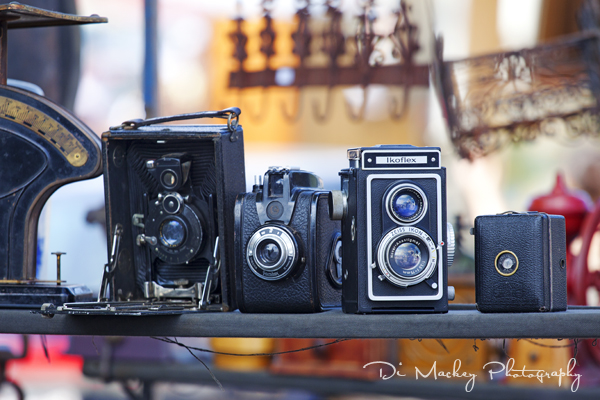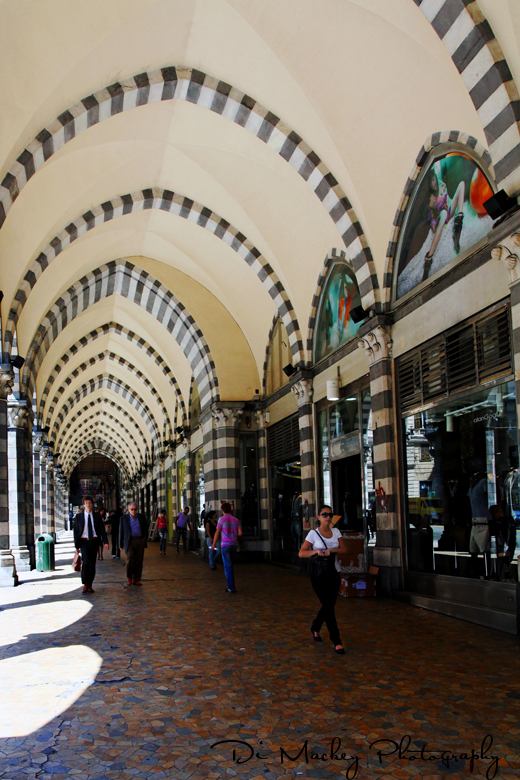Perhaps it began yesterday ... that bubble of joy that floated up out of me as I laughed with my new hairdresser. He's about 65 and he's a delight.
 I took my long hair to him a couple of months ago. I went in knowing it was serious, that I hadn't had a professional cut in a very long time, maybe 2 years ... and that the time of the supermarket, do-it-yourself, dyes had to come to an end.
I took my long hair to him a couple of months ago. I went in knowing it was serious, that I hadn't had a professional cut in a very long time, maybe 2 years ... and that the time of the supermarket, do-it-yourself, dyes had to come to an end.
He sighed, he worked for hours, he fixed everything, cutting away so much hair I wondered, over the days that followed, if I wasn't related to Samson ... that my strength hadn't disappeared with my hair.
But a strange thing happened. It wasn't as short as it initially felt but, even better, I had more hair than I'd ever had. He had worked some magic that made it all lively and almost wavy. A miracle really but one that I hadn't thanked him for.
Some colour 'adjustment' is required and so I biked over to book an appointment and voila, before I knew it, joy was simply bubbling out of me as we talked of my hair.
Last night, after a very warm 27 celsius day, I slipped outside with my laptop and sat in the garden a while. The swallows were still screaming around like the kamikazes they are but as the sun went down, out came the bats ... on an insect-eating mission. I didn't know we had bats but we do. It was beautiful out there in the garden that Gert made.
This morning began with the arrival of a most exquisite and much-longed for book. Eduardo Galeano's Children of the Days - a calendar of human history had arrived. Thank you very much, Gert! I opened it and fell in.
It's as beautiful as imagined, more beautiful than I knew a book could be perhaps.
29 January
HUMBLY I SPEAK
Today in 1860 Anton Chekhov was born.
He wrote as if he were saying nothing.
And he said everything.
But there was still more joy out there waiting for me. I had promised to phone Dave and Jude, another set of old friends from far-away. We had enjoyed catching up with them when back home at Christmas. visiting just as they were just setting off on their grand return to Africa, with children.
Talking with them is like drinking from an ocean of joy. Somehow they fill me up. We talked for 2 hours and more about everything important and good.
The bell rang again and more parcels arrived. Gifts for Miss 9, all the way from New Zealand, t-shirts for Gert, and voila, a gift of music all the way from Australia. I'm listening to that as I write this. Thank you to Paul.
Tonight I have a 3-hour photoshoot. I'm working with a friend who has pulled me into an exciting project of hers. I suspect it will be intense but foresee more joy is entirely possible.
Money ruins so much and while I need it, getting involved in projects that engage my heart and soul ... they're not to be sneezed at.
In these days I tell myself that, okay, perhaps I'll die poor but by crikey, I feel so rich in stories ...
I owe email and phone calls. Please forgive me. Replies to follow in the weeks ahead.






